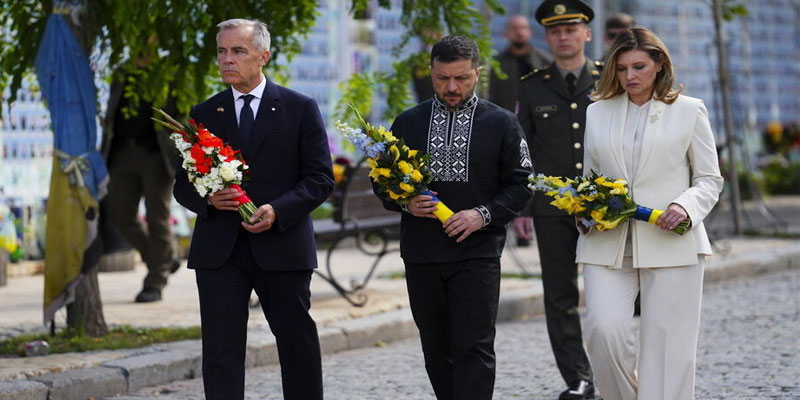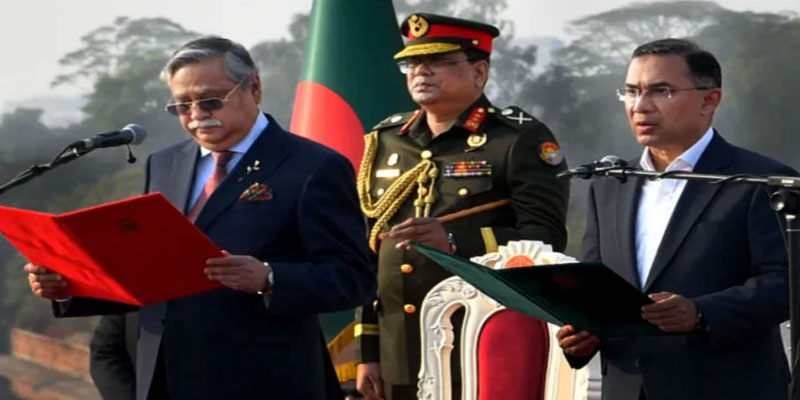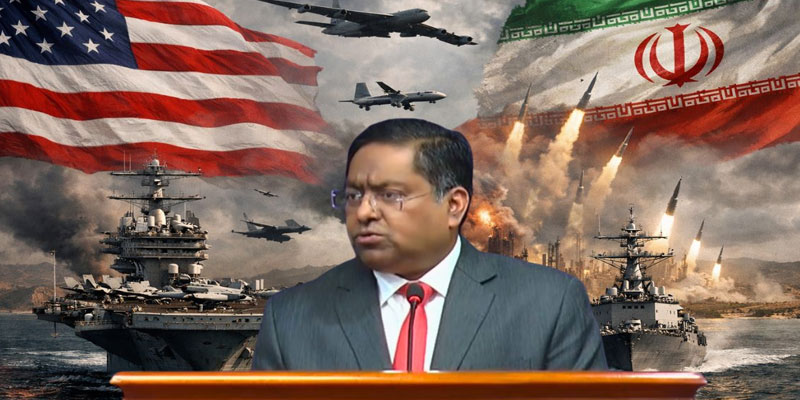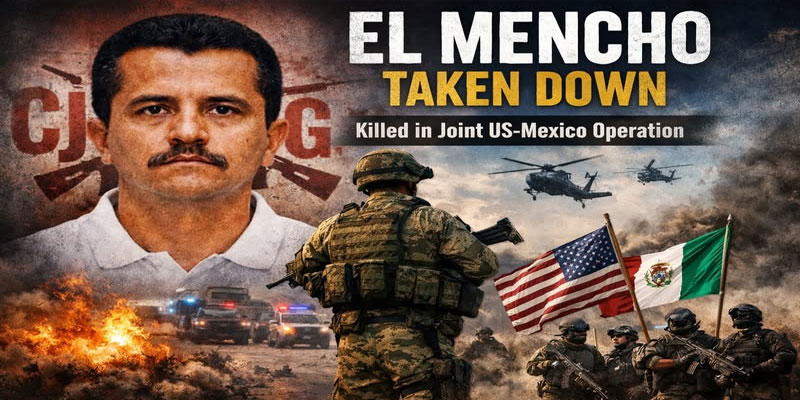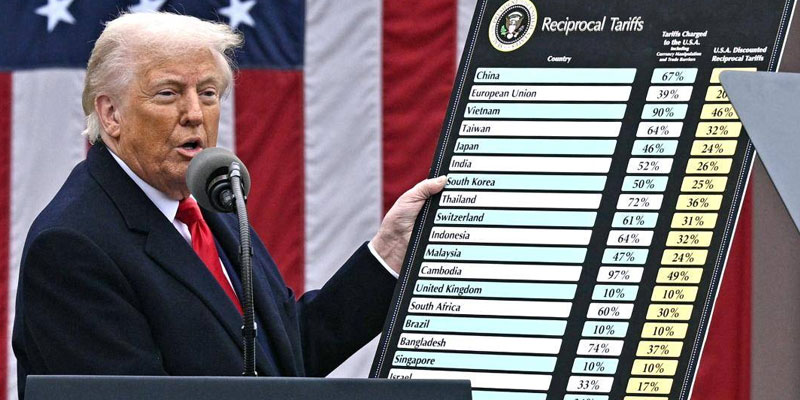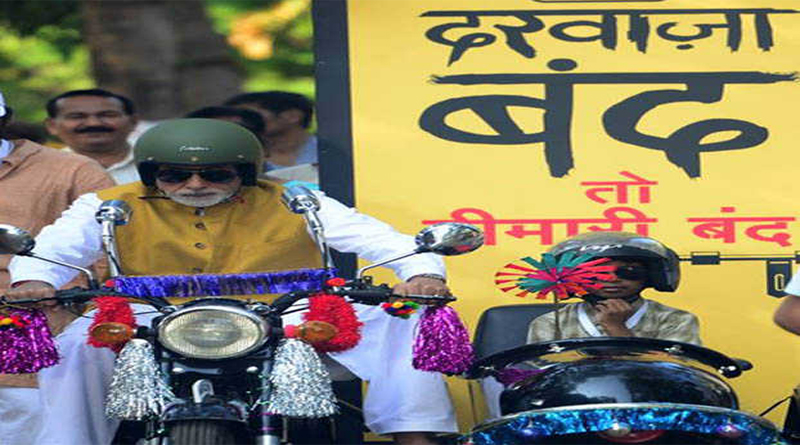A Shocking Encounter at Newark
An Indian student was filmed being handcuffed, pinned to the ground, and restrained by multiple officials at Newark Liberty International Airport in New Jersey. The footage, which has now gone viral on social media, shows the young man tied up and surrounded by at least four officers—two with their knees on his back. He was later deported.
The incident has drawn widespread condemnation. Kunal Jain, an Indian-American entrepreneur who witnessed the episode, described it as a "human tragedy." He wrote on X (formerly Twitter), “He came chasing dreams, not causing harm.” Jain's emotional testimony and the disturbing visuals have reignited concerns over the treatment of Indian nationals under increasingly rigid U.S. immigration protocols.
The Incident Unfolded
The student reportedly became visibly distressed and disoriented during the immigration process. Jain explained in an interview that the student spoke in Haryanvi Hindi, which the authorities failed to understand. When Jain offered to translate and help calm the situation, he was denied access. Instead, more officers were called in, leading to a public and humiliating takedown.
According to Jain, the student was crying and pleading, yelling in Hindi, “Main pagal nahi hoon, yeh mujhe pagal sabit kar rahe hain” (I’m not mad, they’re trying to prove I am). Jain emphasized that this wasn’t a violent criminal or a threat, but rather a young man who was overwhelmed and misunderstood.
Immigration Policy or Overreach?
This incident is not an isolated case. It reflects the broader, more punitive approach to immigration enforcement in the United States, particularly post-2016. While U.S. immigration law allows Customs and Border Protection (CBP) officers to deny entry to individuals deemed unfit—due to incomplete paperwork, false claims, or suspicious behavior—how that decision is enforced often lacks transparency and accountability.
In this case, there is no public record of criminal behavior by the student. Based on Jain’s account, communication barriers and psychological distress may have played a role in escalating the situation. But what raises serious concerns is the manner of enforcement—forceful, dehumanizing, and public.
The Consulate General of India in New York issued a statement, acknowledging the viral footage and confirming that it is in touch with local authorities. However, observers argue that the Indian government's response has been measured and passive, despite rising incidents of mistreatment of Indian nationals, particularly students, at U.S. borders.
A Pattern of Harsh Deportations
This isn’t the first time the U.S. has faced criticism for its handling of Indian deportees. In 2020 and again in February 2024, videos surfaced of Indian migrants being flown back in shackles—hands cuffed, legs bound, treated like hardened criminals. Those scenes were reminiscent of Operation Streamline, a controversial U.S. immigration policy that focused on swift criminal prosecution and detention of undocumented migrants.
Such visuals have repeatedly ignited domestic backlash in India, with critics questioning why Indian citizens are subjected to such humiliation while the Indian government fails to proactively assist or even repatriate them with dignity.
Beyond the Incident: A Call for Accountability and Reform
The Newark episode shines a harsh spotlight on how vulnerable foreign students are in a foreign land, particularly when they fall into legal or procedural grey zones. The student in question may have violated no law, yet he ended up restrained and deported, without clarity or recourse.
It also signals a failure of systems and diplomacy. Language barriers, emotional distress, and cultural misunderstandings should not be grounds for physical restraint and public humiliation. The enforcement of immigration policy must align with human rights standards, especially in a country that promotes freedom and due process.
Final Thought: Dignity Must Not Be Detained
At its core, this incident is not just about immigration rules—it is about how we treat people who are vulnerable, scared, and foreign. Whether or not the student was eligible for entry, he deserved dignity, translation support, and humane handling. India must press for accountability, and the U.S. must introspect on the growing chasm between law enforcement and human compassion.
If a student chasing dream can be met with shackles instead of support, then something far more serious than a visa was denied at that airport: basic humanity.
(With agency inputs)




